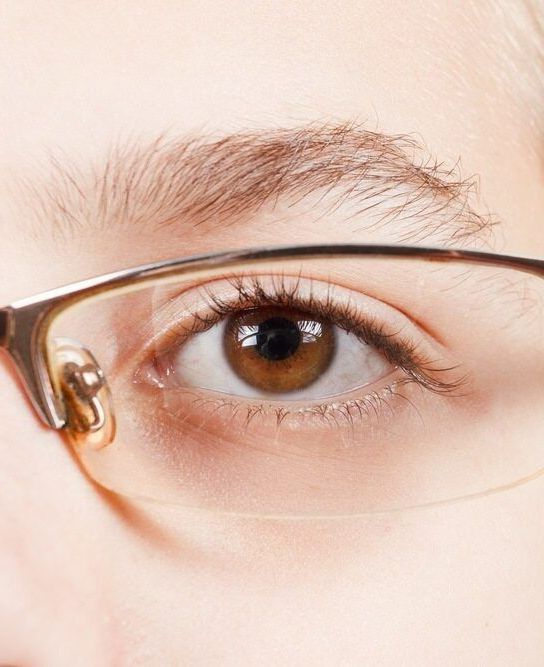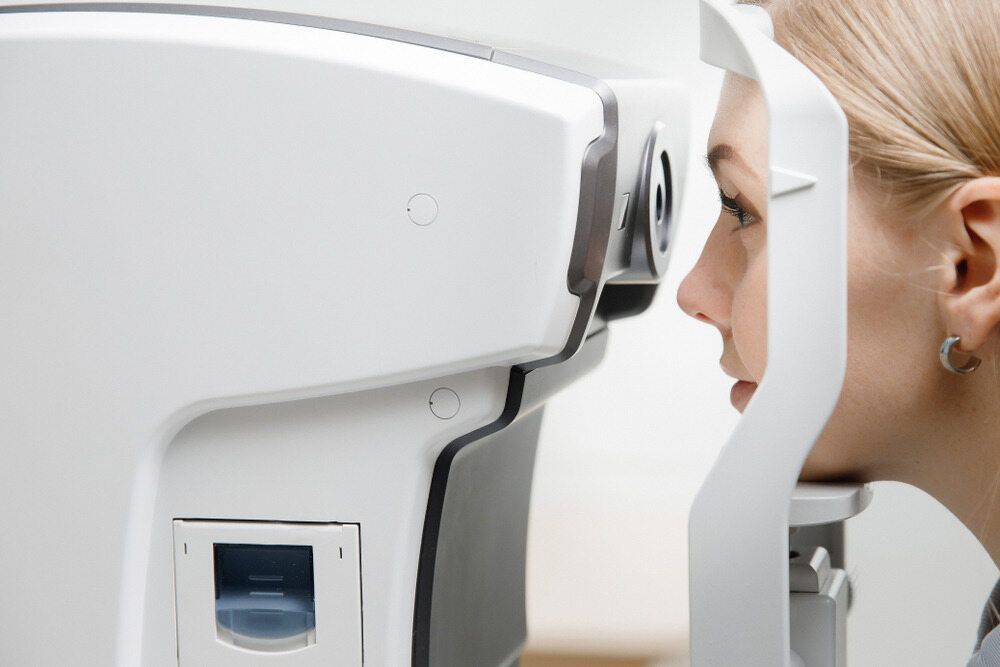Eye Photography in Lake Macquarie
Advanced Eye Photography for Clearer Vision
Keeping an eye on your health starts with understanding what’s happening inside. At Ian Emslie Optometrist in Lake Macquarie, we use eye photography to capture detailed images of your retina.
This imaging technology provides a detailed view of the retina, optic nerve, and blood vessels, offering valuable insights into overall eye health. It can help identify changes that may be associated with conditions such as
glaucoma,
macular degeneration, and
diabetic retinopathy, supporting ongoing eye care and monitoring.
It’s a valuable tool for tracking changes over time and tailoring care to your unique needs. Whether you’re attending a routine check-up or require monitoring for an existing condition, these high-resolution images can facilitate a clearer picture of your eye health.
Take a proactive step toward protecting your vision. Contact us today at 02 4947 4577 to book your eye photography session in Lake Macquarie.
Early Insights to Eye Health
Imaging technology provides a closer look at the eyes, offering valuable information on changes that may be linked to conditions like glaucoma and macular degeneration.
Non-Invasive Retinal Imaging
A quick and comfortable process that can help to provide detailed insights into the health of your retina and optic nerve.
Comprehensive Vision Monitoring
Regular imaging can track changes over time, supporting proactive management of chronic eye and systemic health conditions.
Frequently Asked Questions
What is retinal imaging?
Retinal imaging captures detailed pictures of the retina, optic nerve, and surrounding structures using advanced cameras. This non-invasive process can potentially detect eye conditions like glaucoma, macular degeneration, and diabetic retinopathy, as well as systemic issues like diabetes and high blood pressure.
Why is retinal imaging important?
Retinal imaging is designed to detect eye diseases early, often before symptoms appear, helping to protect vision. It may also reveal signs of systemic conditions, such as diabetes and cardiovascular disease, that can impact eye health.
How often should retinal imaging be done?
For healthy eyes, retinal imaging is recommended every 1–2 years. Those with diabetes, high blood pressure, or a family history of eye diseases may need more frequent imaging to monitor changes.
Retinal Imaging for Eye Health Insights
Retinal imaging, also known as eye photography, captures detailed images of the retina and optic nerve. This non-invasive process can provide valuable insights into eye health and helps monitor changes over time.
It can also reveal signs that may be associated with conditions like glaucoma, macular degeneration, and diabetic retinopathy. Additionally, some systemic health issues, such as diabetes and high blood pressure, may have effects visible in the eyes.
High-resolution imaging establishes a baseline for eye health, allowing for ongoing tracking of changes. Identifying shifts in retinal appearance may support timely management of vision concerns.
Routine retinal imaging is often a useful tool for maintaining awareness of your eye health. It can provide important information that helps in making informed decisions about ongoing care and vision management.
Protect Your Vision with Cutting-Edge Imaging
Eye photography provides a detailed view of the retina, blood vessels, and optic nerve, offering valuable insights into eye health. This imaging process is quick, non-invasive, and designed for comfort.
Retinal imaging may assist in identifying changes associated with conditions such as glaucoma, diabetic retinopathy, and macular degeneration. It can also support ongoing monitoring for individuals managing certain eye or systemic health concerns.
By capturing high-resolution images, this technology helps track changes in the eyes over time. This can be particularly useful for those at higher risk of developing vision-related conditions.
Regular retinal imaging is one of many tools that can contribute to ongoing eye health awareness. It can provide important information that can help guide vision care decisions and support proactive management of eye health.













